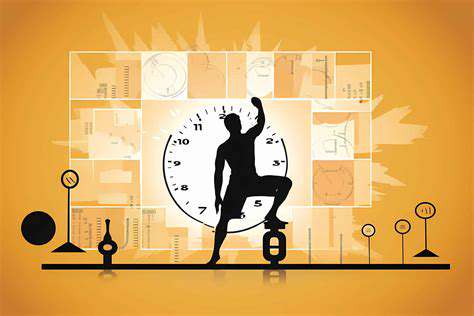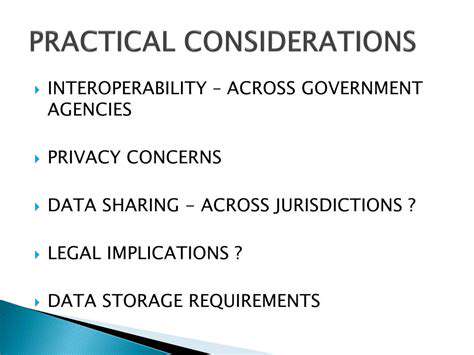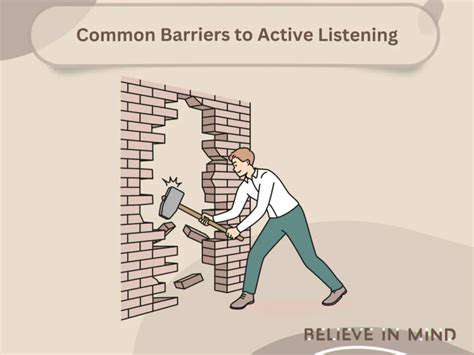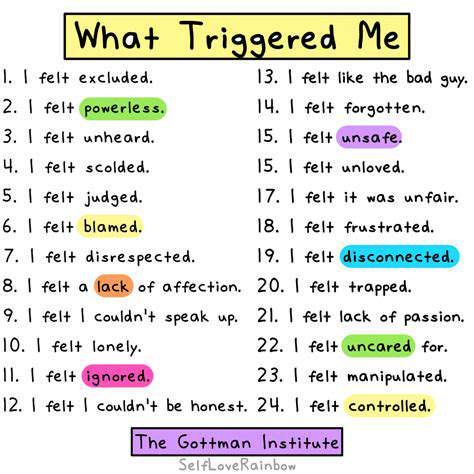How to Incorporate More Movement Into Your Day

Make It a Habit: Consistency is Key
Setting Realistic Goals
Establishing achievable movement goals is crucial for long-term success. Instead of aiming for marathon-level activity right away, focus on small, manageable steps. Walking for 15 minutes a few times a week is a fantastic start. Gradually increase the duration and frequency as you build stamina and consistency. Remember, even short bursts of activity throughout the day contribute to overall health and well-being, and this gradual approach helps avoid burnout and ensures you're setting yourself up for lasting success.
Finding Activities You Enjoy
Choosing activities you genuinely enjoy is paramount to maintaining a consistent exercise routine. If you dread hitting the gym, explore alternative options like dancing, swimming, hiking, or joining a sports league. Finding activities you love makes exercise feel less like a chore and more like a fun part of your day. This positive association will increase your motivation and make sticking to your goals much easier.
Integrating Movement Throughout Your Day
Incorporate movement into your daily routine wherever possible. Park further away from your destination, take the stairs instead of the elevator, or stand up and stretch every hour at your desk. These small, everyday movements accumulate and significantly impact your overall activity levels. Even a few minutes of brisk walking during your lunch break can make a noticeable difference.
Creating a Supportive Environment
Building a supportive environment that encourages movement is key. If you have a friend or family member who shares your goals, consider exercising together. Joining a fitness class or group can also create a supportive community and keep you motivated. Surrounding yourself with positive influences and making exercise a shared experience will make it easier to maintain consistency.
Scheduling Movement into Your Calendar
Treating exercise like any other important appointment in your schedule is a highly effective strategy. Schedule dedicated time for physical activity, just as you would for meetings or appointments. By treating it as a non-negotiable part of your day, you're more likely to prioritize and follow through with your exercise plans, and this consistent scheduling helps in creating a routine.
Tracking Your Progress and Celebrating Milestones
Monitoring your progress, no matter how small, is incredibly motivating. Use a fitness tracker, a journal, or simply a notepad to document your exercise sessions. Celebrating milestones, such as reaching a certain number of steps or completing a workout goal, reinforces positive behavior and keeps you engaged in your journey. This positive reinforcement will help you stay motivated and committed to your fitness goals.
Read more about How to Incorporate More Movement Into Your Day
Hot Recommendations
-
*Guide to Managing Gout Through Diet
-
*Best Habits for Financial Well being
-
*How to Build a Routine for Better Mental Health
-
*How to Eat Healthy on a Budget [Tips & Meal Ideas]
-
*Guide to Practicing Self Acceptance
-
*How to Incorporate More Movement Into Your Day
-
*Guide to Managing Chronic Pain Naturally
-
*Guide to Building a Reading Habit for Well being
-
*Top 5 Weight Loss Supplements That Actually Work
-
*Best Exercises for Postpartum Recovery [Beyond Abdominal Work]


![Essential Health Screenings for Women [By Age]](/static/images/26/2025-05/ImportantConsiderationsAcrossAllAges.jpg)







